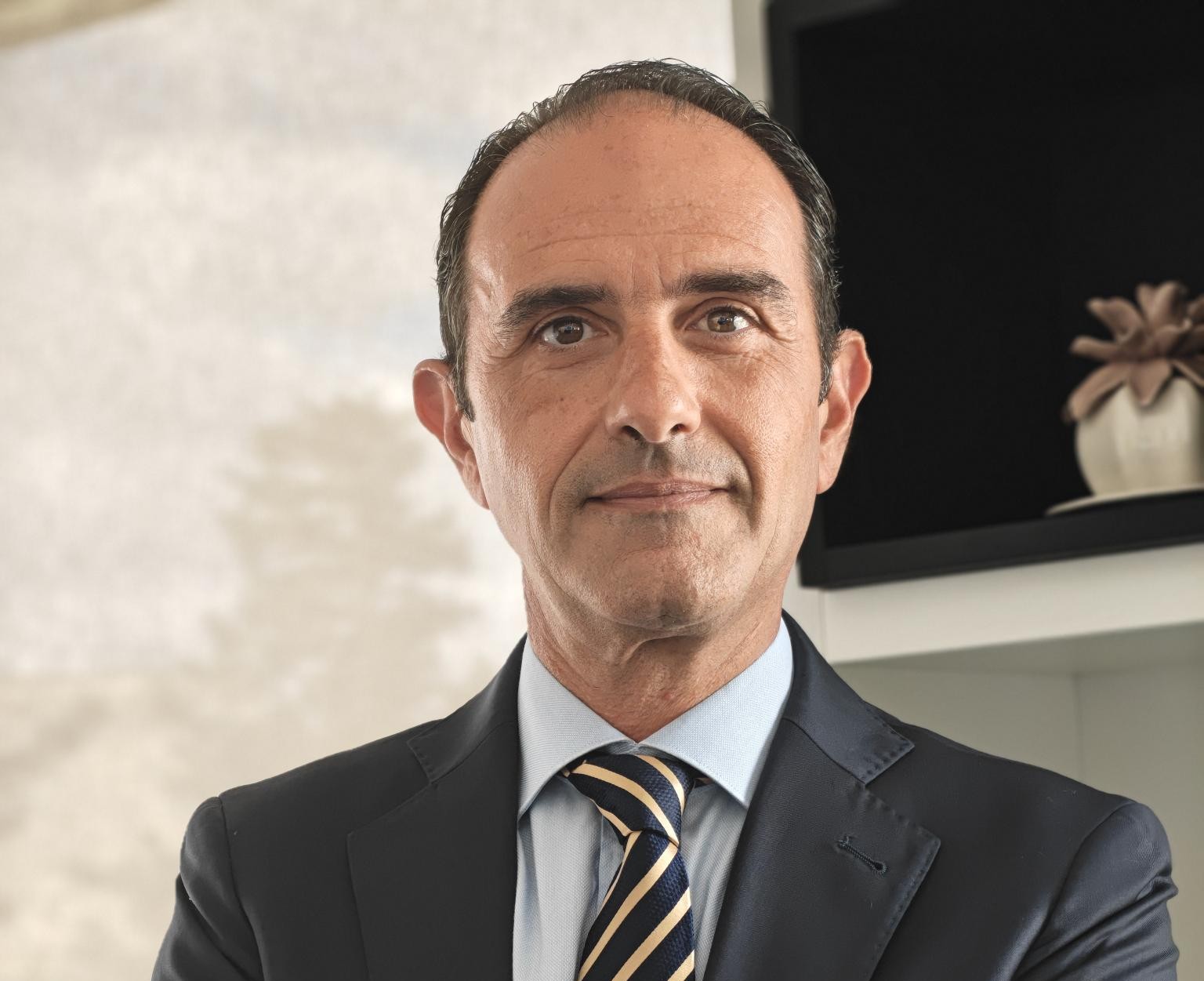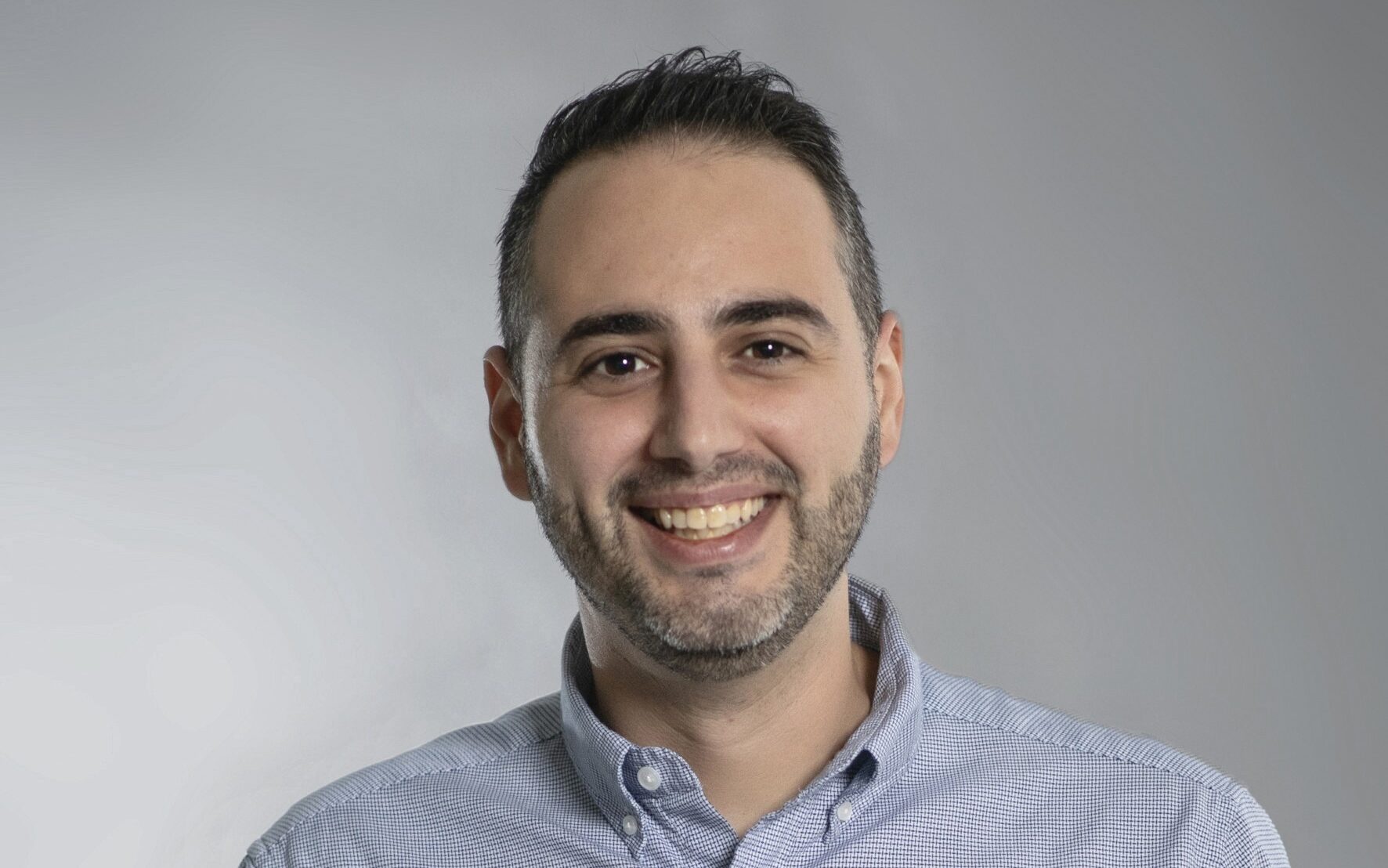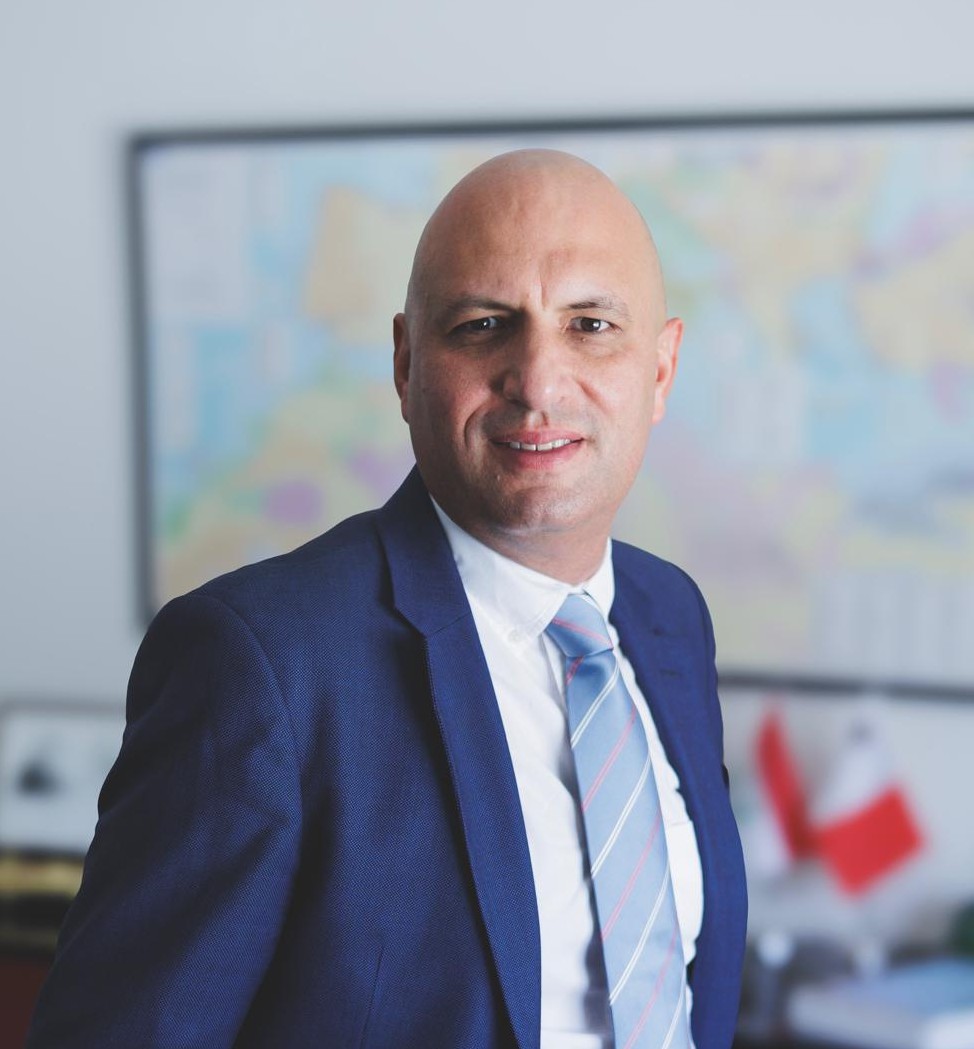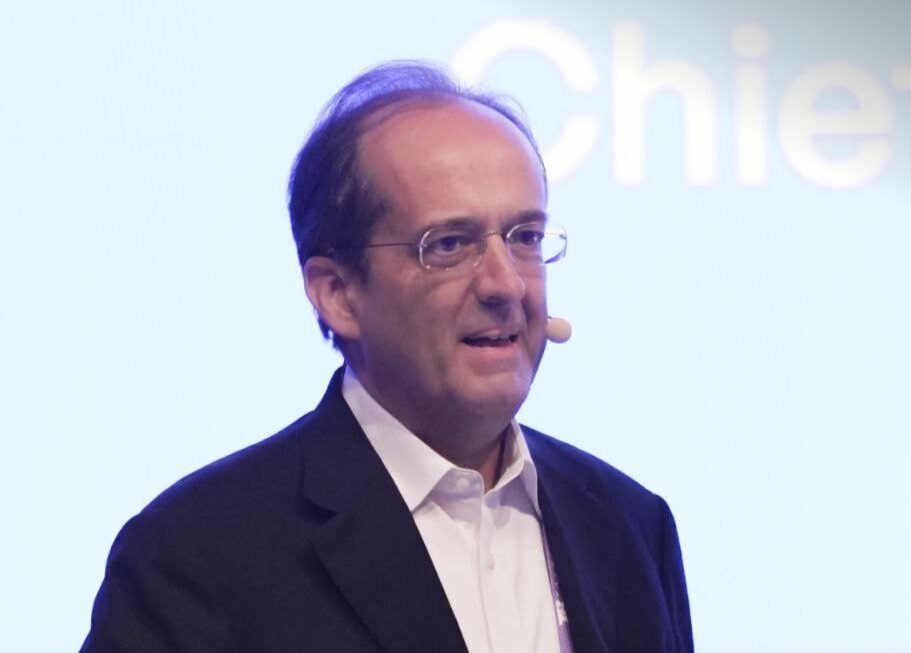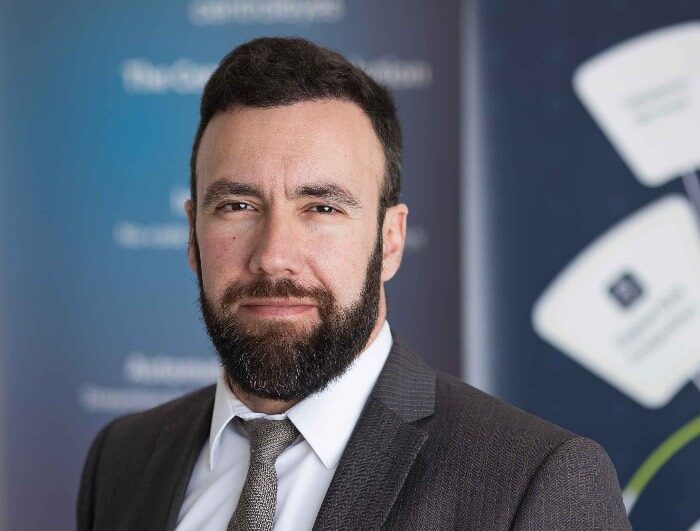In a world marked by economic pressures, regulatory shifts, and rapid technological advancement, the KPMG 2024 CEO Outlook offers a unique glimpse into the priorities of over 1,300 global CEOs.
For Malta-based leaders, this report serves as both a roadmap and a wake-up call, highlighting the critical themes shaping tomorrow’s business landscape: from the ethical integration of AI and the complexities of
Environmental, social, and governance (ESG) to balancing hybrid work models and building resilience against market volatility.
Here’s what Malta’s CEOs can learn from their global counterparts as they navigate these challenges:
AI: Balancing opportunity with ethical responsibility
AI’s transformative potential is undisputed, with 64 per cent of global CEOs dedicated to boosting their AI investments.
This prioritisation reflects a recognition that AI’s capabilities in automation, decision-making, and efficiency gains are indispensable in staying competitive. However, the ethical responsibility accompanying AI adoption is a focal concern, as many CEOs express unease over the potential for unintended consequences without appropriate guardrails.
KPMG’s report reveals that 61 per cent of CEOs are wary of regulatory shortcomings and ethical dilemmas associated with unregulated AI.
This concern suggests that a comprehensive, ethically-informed strategy is crucial for CEOs to balance innovation with responsible corporate governance.
Malta, a burgeoning tech and finance hub, stands to benefit from clear ethical standards in AI deployment that could enhance its reputation in sectors like fintech and AI development.
Malta-based CEOs should consider working alongside regulators to set these standards, building a secure and ethically resilient AI framework that aligns with global best practices.
ESG priorities amid political and operational complexity
ESG commitments are a central pillar for most executives, with 76 per cent of CEOs willing to divest from environmentally harmful activities. This level of commitment to sustainable practices aligns with a growing corporate trend where value is measured not only in profits but in social and environmental impact.
However, the report points out a critical tension: The politicisation of ESG in different regions. This creates a challenging environment for CEOs who seek to stay committed to ESG principles without jeopardising profitability or risking backlash.
For CEOs in Malta, ESG presents both an opportunity and a challenge: Malta’s tourism-heavy economy could leverage sustainability initiatives to attract environmentally conscious visitors and investors.
As the report hints, CEOs may need to be selective, perhaps focusing on the “E” in ESG—environmental initiatives such as carbon reduction and waste management—to make significant strides in areas that align with Malta’s natural and economic priorities. This week, Bank of Valletta Chairman Gordon Cordina called people’s attention to the environmental and traffic congestion costs borne by society, suggesting that environmental, social and governance (ESG) principles be applied more stringently: “In some cases, sectors overheating with growth could benefit from taxes or charges to ensure adherence to ESG standards.”
By strategically engaging in ESG policies, Malta-based leaders could position their companies as sustainability champions in the Mediterranean region.
The remote work paradigm: Culture versus flexibility
Remote work, while offering flexibility and productivity benefits, has also led to a dilution of organisational identity and teamwork.
CEOs are beginning to reassess whether a fully remote or hybrid model can sustain long-term culture and productivity levels.
The report highlights a critical divide: Some CEOs argue that in-office presence strengthens team cohesion and fosters collaboration, while others believe remote work is essential to talent retention.
The divide only increases with age: 75 per cent for those aged 40 to 49, 83 per cent for those aged 50 to 59, and 87 per cent for those aged 60 to 69.
This reflects a recent study of KPMG, which found that 79 per cent of interviewed American CEOs believe remote work will be a thing of the past within the next three years.
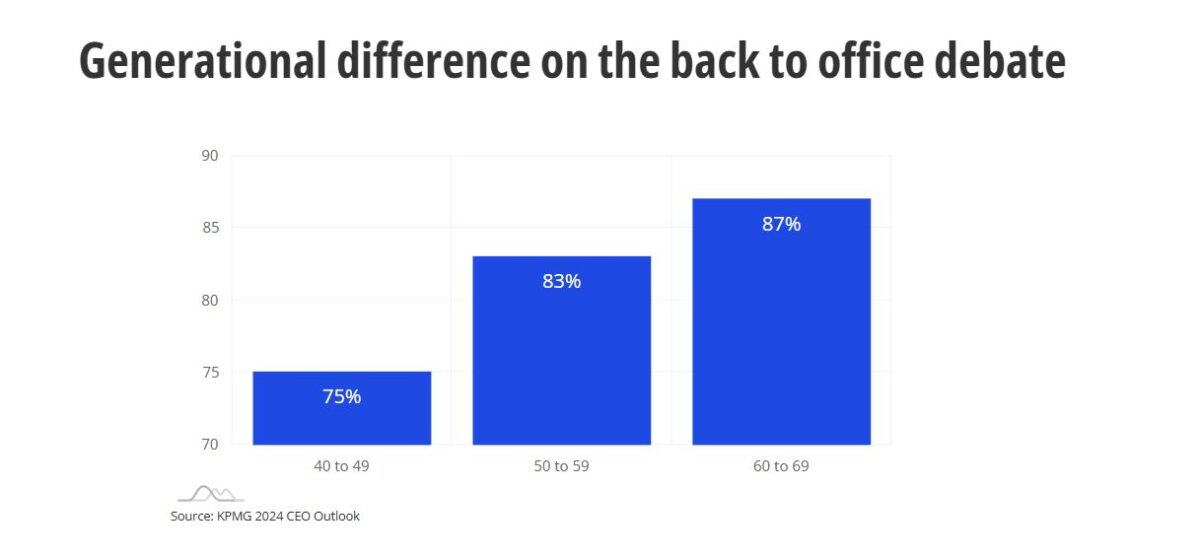
In Malta, where many industries rely on close-knit collaboration, this divide could suggest a pivot towards hybrid models that accommodate both flexibility and face-to-face engagement.
CEOs in Malta could look towards innovative approaches such as part-time office returns and team retreats to strengthen team dynamics without compromising the flexibility many employees value.
Meanwhile, talent acquisition and retention remain key concerns among CEOs, alongside the struggle to maintain a cohesive corporate culture. This reflects Malta’s 10-year FDI trends, which showed that the country is facing growing challenges in recruiting and retaining skilled talent.
Almost a third of CEOs say they are worried about labor market shifts — specifically the number of employees that will soon retire, and the lack of skilled workers available to replace them.
In response to this talent shortage, 80 per cent of CEOs agree that organisations should be investing in skills development and lifelong learning within local communities to help safeguard access to future talent.
Economic resilience: Preparing for volatility
Over half of CEOs globally express concerns about economic volatility, with rising costs, inflation, and geopolitical uncertainties driving a more cautious approach to growth.
This trend underscores a need for agility and robust scenario planning as a means to anticipate and respond to unforeseen economic shifts. CEOs are increasingly relying on data analytics and forecasting to prepare for potential disruptions, ensuring their organisations are resilient and adaptable.
In Malta, businesses that have historically been focused on long-term planning may need to pivot to more dynamic, short-term response strategies.
By harnessing real-time insights, Malta-based CEOs can gain a competitive edge, allowing them to adjust to changes swiftly. A proactive focus on data-driven decision-making could also benefit Malta’s small and medium-sized enterprises, empowering them to react swiftly to supply chain disruptions or currency fluctuations that have immediate impacts on operational costs.
This year’s findings illustrate a path that’s both challenging and full of opportunity. Malta-based CEOs, in particular, can draw inspiration from these insights, adapting them to meet the unique needs and strengths of the Maltese economy.
MedservRegis outgrows Malta facilities amid growing offshore demand
Co-CEO Karl Bartolo explains why the company's growing operations have outpaced its current facilities.
Why Gate Group chose Malta as its European crypto hub
CEO Giovanni Cunti explains that the group’s decision followed a comprehensive evaluation of Europe’s emerging crypto landscape.
Papaya Ltd CEO highlights commitment to animal welfare through MSPCA partnership
A new initiative is aimed at improving the adoption experience for families taking in rescue animals.
Domain theft is becoming ‘purely financial’: Malta cybersecurity expert Keith Cutajar
'We are observing a shift towards high-value targets.'




